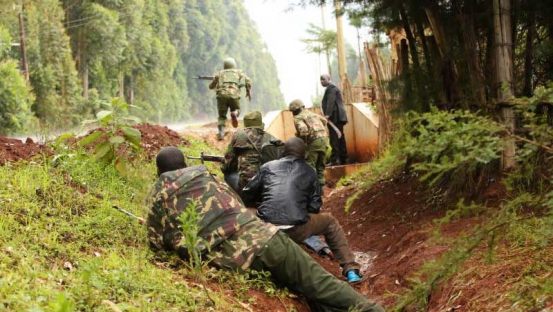×
The Standard e-Paper
Home To Bold Columnists

It is not every day that an ordinary hawker is able to lay an 18-hour siege to the home of the second most powerful man in the country.
The incident has not just embarrassed the security forces but has raised more questions than the Government is ready to answer.